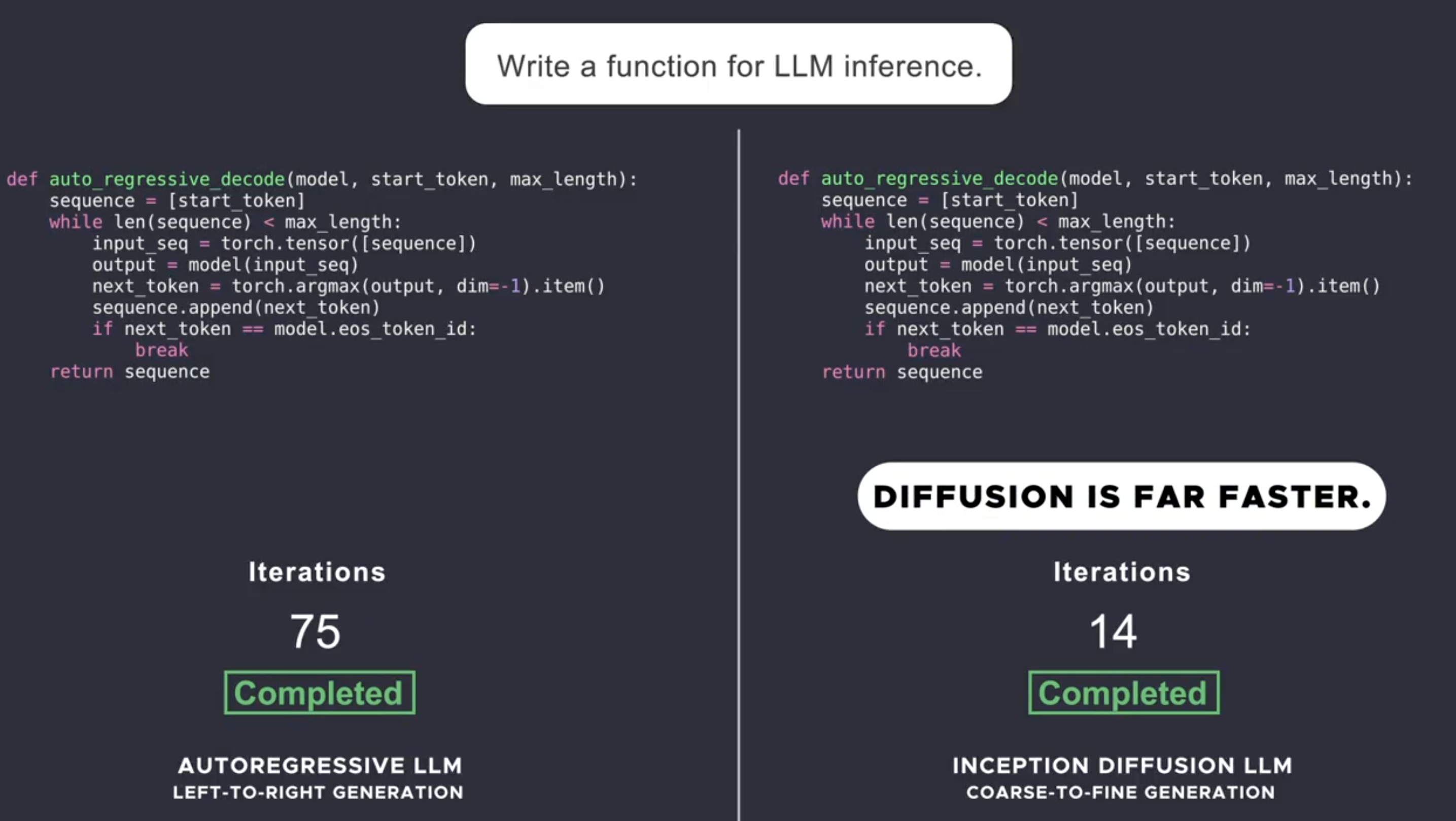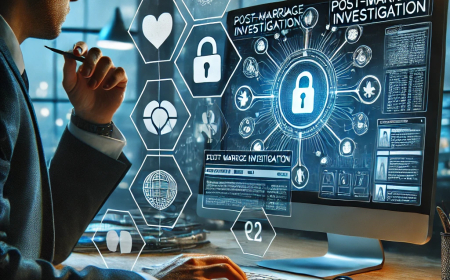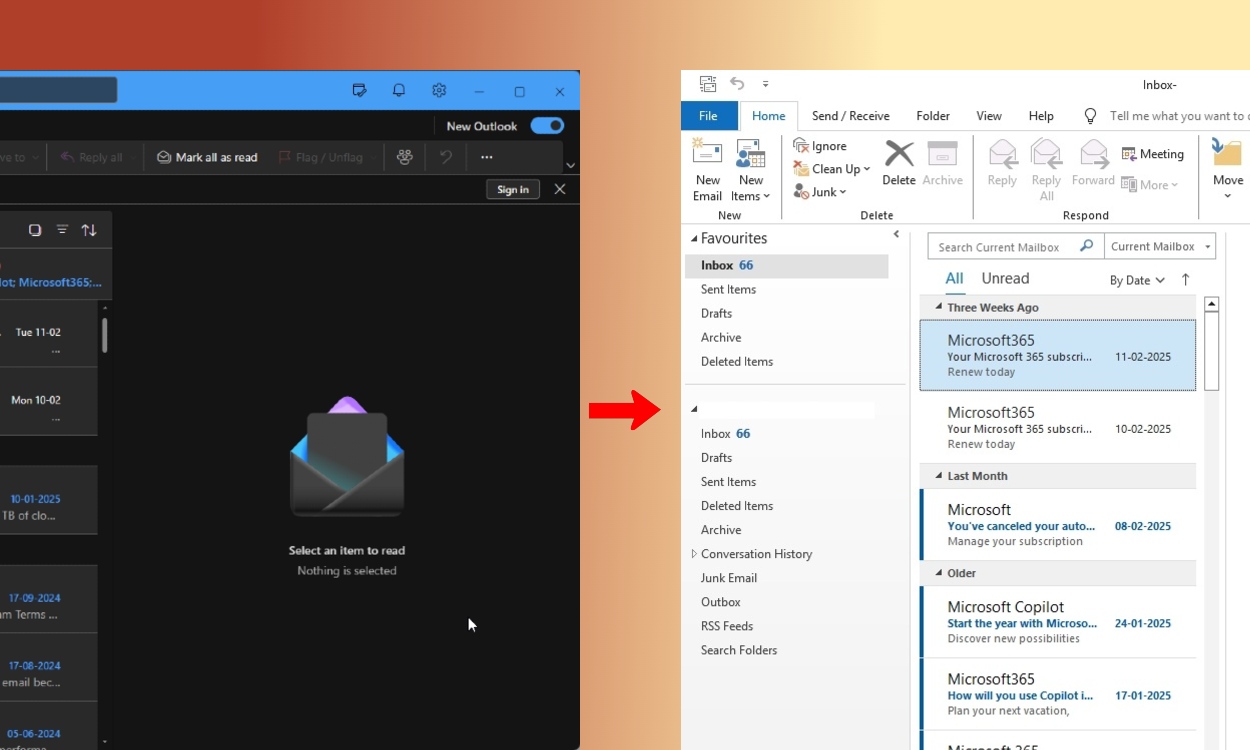Challenges in Digital Forensics: Addressing the Complexities of Modern Cyber Investigations

In today’s increasingly digital world, cybercrimes and data breaches are on the rise. As organizations collect vast amounts of digital data, the need for efficient and accurate digital forensics has never been more critical. Digital forensics plays a vital role in identifying, recovering, and analyzing data involved in cyber incidents. However, the process is far from simple, and there are numerous challenges that digital forensics experts must navigate. This guide explores the key challenges faced in digital forensics and provides actionable strategies for overcoming them.
Understanding Digital Forensics
Digital forensics refers to the process of investigating and analyzing digital devices, networks, and data to uncover and preserve evidence of cybercrimes, including fraud, hacking, data breaches, and intellectual property theft. The goal is to gather admissible evidence that can support legal proceedings or help organizations recover from security incidents.
Key Challenges in Digital Forensics
-
Increasing Volume of Data
○ Challenge: With the rise of cloud computing, IoT devices, and mobile technology, the volume of data that needs to be analyzed in forensic investigations has expanded exponentially. This massive data growth makes it difficult to efficiently sift through and find relevant evidence.
○ Solution: Leverage advanced tools and automation to help streamline data collection and analysis. Implement data prioritization strategies to focus on the most critical data first.
-
Encrypted and Obfuscated Data
○ Challenge: Many cybercriminals use encryption or obfuscation techniques to hide their tracks, making it difficult for digital forensics teams to access and analyze data.
○ Solution: Employ decryption tools and collaborate with legal authorities to request the necessary keys or decryption capabilities. Use advanced forensic techniques to identify hidden or obfuscated data.
-
Cloud and Hybrid Environments
○ Challenge: Cloud computing and hybrid environments introduce complexities in accessing and analyzing data. Determining where data is stored, who has access to it, and how it is managed across distributed systems is a difficult task for forensic investigators.
○ Solution: Establish clear cloud security policies and collaborate with cloud service providers to gain access to critical data. Use cloud-specific forensic tools and techniques to examine data across virtualized environments.
-
Legal and Regulatory Compliance
○ Challenge: Digital forensics investigations must comply with various legal and regulatory frameworks, including data privacy laws (e.g., GDPR, CCPA), which may restrict access to certain data or require specific procedures to be followed during investigations.
○ Solution: Ensure that forensic investigators are well-versed in legal and regulatory compliance and work closely with legal teams to ensure that evidence is collected and handled appropriately.
-
Handling Mobile and IoT Devices
○ Challenge: With the proliferation of mobile devices and IoT, forensic investigators now face the challenge of collecting and analyzing data from a variety of sources, including smartphones, wearables, and smart home devices.
○ Solution: Use specialized tools designed for mobile and IoT forensics, which can extract data from these devices and preserve evidence without altering the original information.
-
Chain of Custody and Evidence Integrity
○ Challenge: Maintaining the chain of custody is crucial to ensuring that digital evidence remains admissible in court. Any mishandling of evidence, whether physical or digital, can lead to evidence being dismissed.
○ Solution: Implement robust processes for logging and tracking evidence throughout the forensic process, ensuring that every step is documented and auditable.
-
Rapidly Evolving Cyberthreats
○ Challenge: Cybercriminals are continuously evolving their tactics, techniques, and procedures (TTPs), making it challenging for digital forensics teams to keep up with the latest threats and adapt their investigative methods accordingly.
○ Solution: Invest in ongoing training for forensic experts, collaborate with cybersecurity teams to stay updated on emerging threats, and use threat intelligence tools to anticipate potential attack vectors.
-
Time Constraints and Resource Limitations
○ Challenge: Forensic investigations, especially large-scale data breaches or cybercrimes, can be time-consuming and resource-intensive. Investigators may face pressure to complete investigations within tight deadlines.
○ Solution: Prioritize evidence collection based on criticality, automate repetitive tasks, and ensure that sufficient resources (tools, personnel, and expertise) are allocated to the investigation.
How Codelancer Cybersecurity & Forensics Can Help
At Codelancer Cybersecurity & Forensics, we specialize in providing comprehensive digital forensics solutions to help businesses and law enforcement agencies tackle the challenges of modern cybercrime investigations. Our services include:
● Digital Forensics Assessment: We perform detailed assessments to identify your organization’s data management practices and potential vulnerabilities in your systems.
● Evidence Collection and Analysis: Our team employs state-of-the-art forensic tools to collect, preserve, and analyze digital evidence from a variety of devices, including mobile phones, laptops, and cloud environments.
● Chain of Custody Management: We ensure that all collected evidence maintains its integrity through a secure and documented chain of custody, preserving its admissibility in legal proceedings.
● Data Recovery: We offer data recovery services to retrieve lost or deleted files, including from damaged or corrupted storage devices.
● Incident Response Support: In case of a data breach or cyberattack, we provide immediate support to identify the attack vector, gather evidence, and contain the incident.
● Consulting Services: We assist organizations in establishing strong digital forensics and cybersecurity policies, ensuring that your team is prepared to handle future investigations effectively.
Conclusion
Digital forensics plays a vital role in uncovering cybercrimes and resolving security incidents. However, as the digital landscape continues to evolve, organizations must be prepared to navigate the numerous challenges associated with digital evidence collection, analysis, and legal compliance. By adopting best practices, investing in specialized tools, and working with experienced professionals, organizations can overcome these challenges and strengthen their digital forensics capabilities.
What's Your Reaction?






































